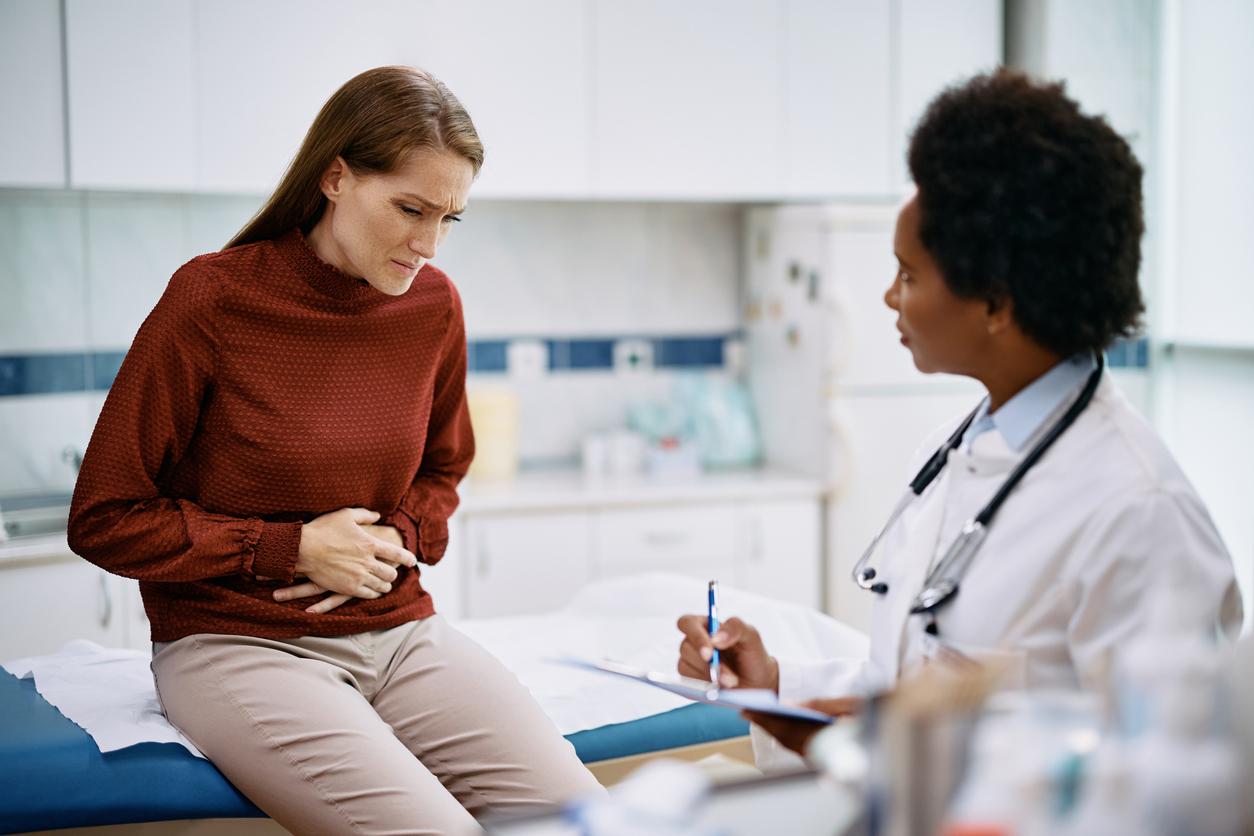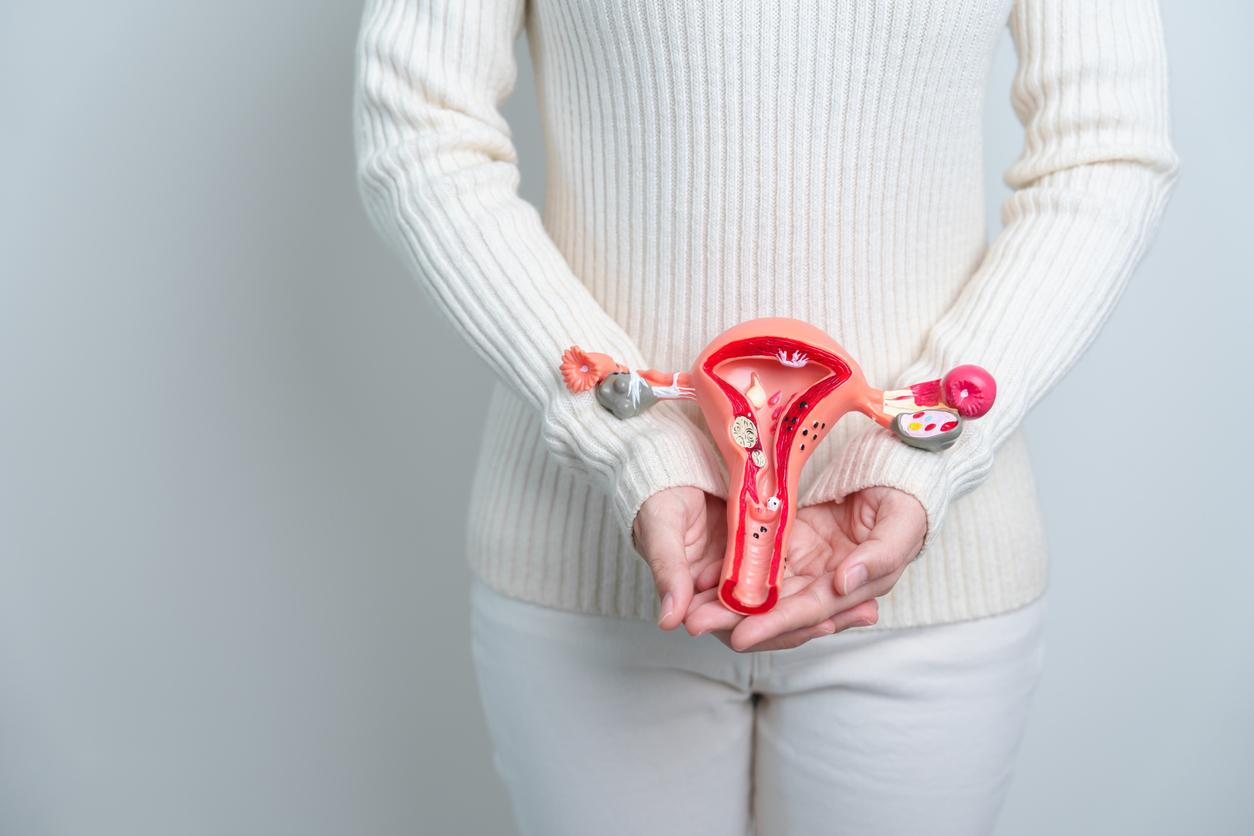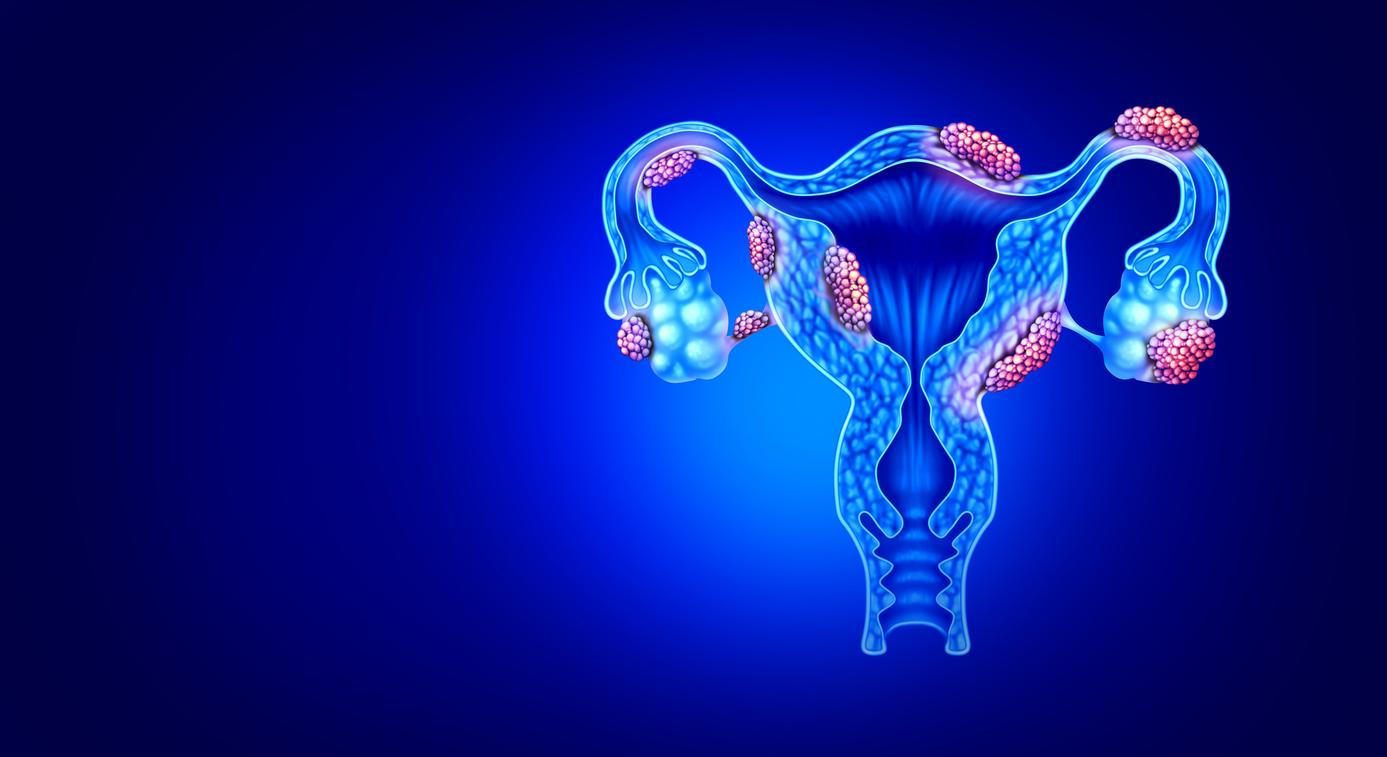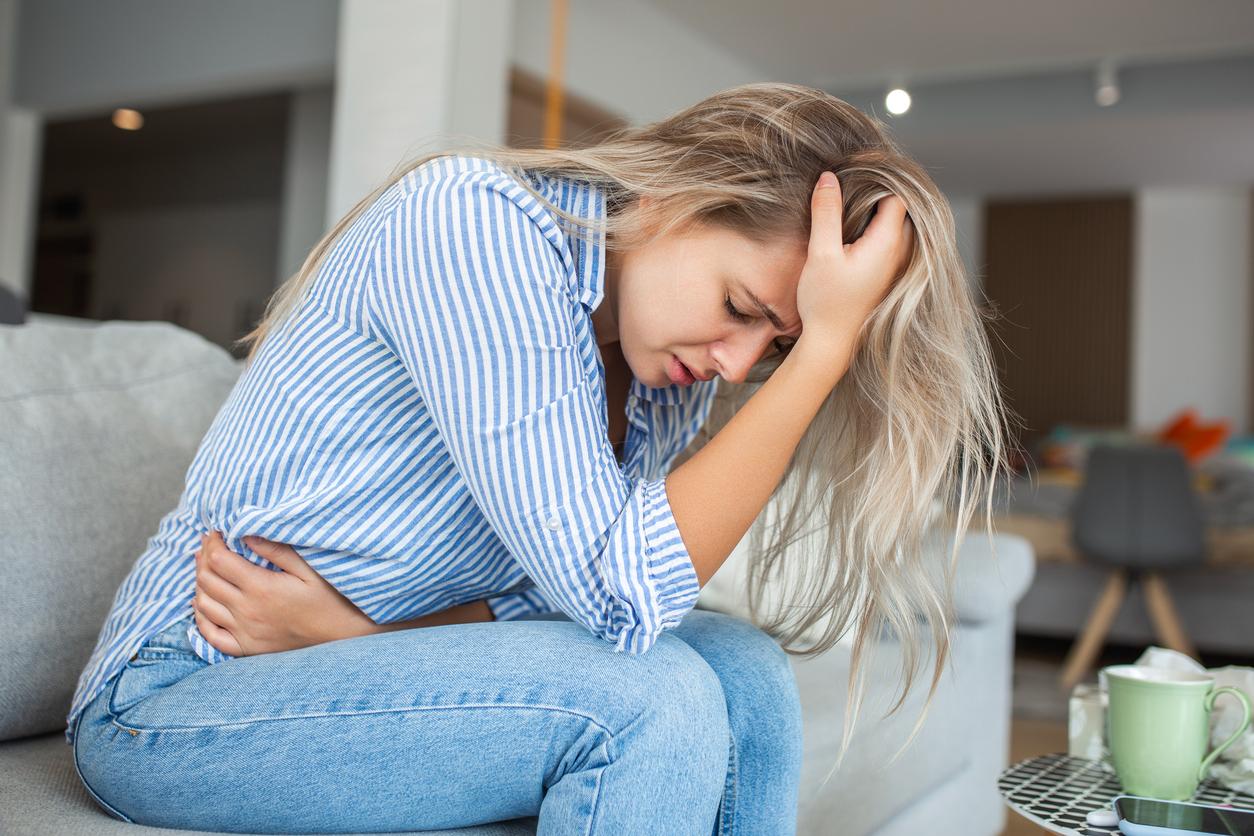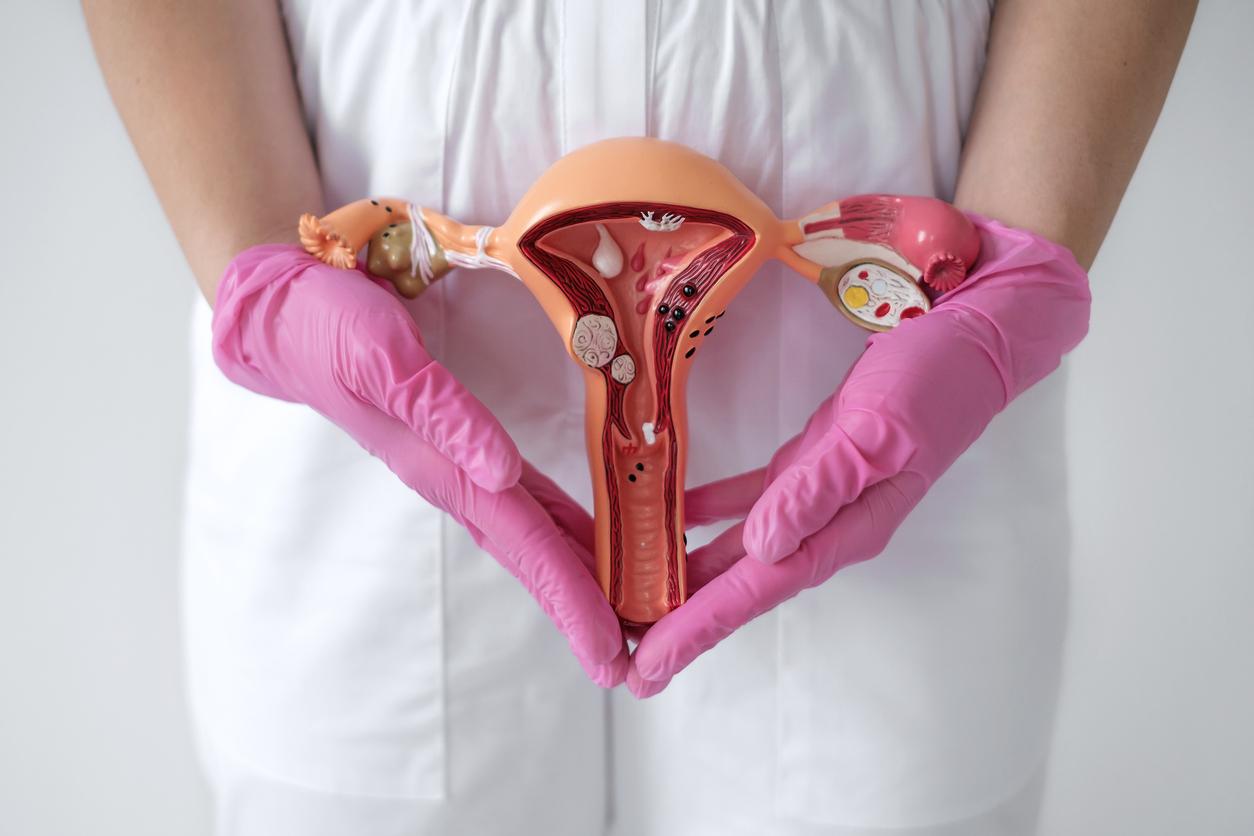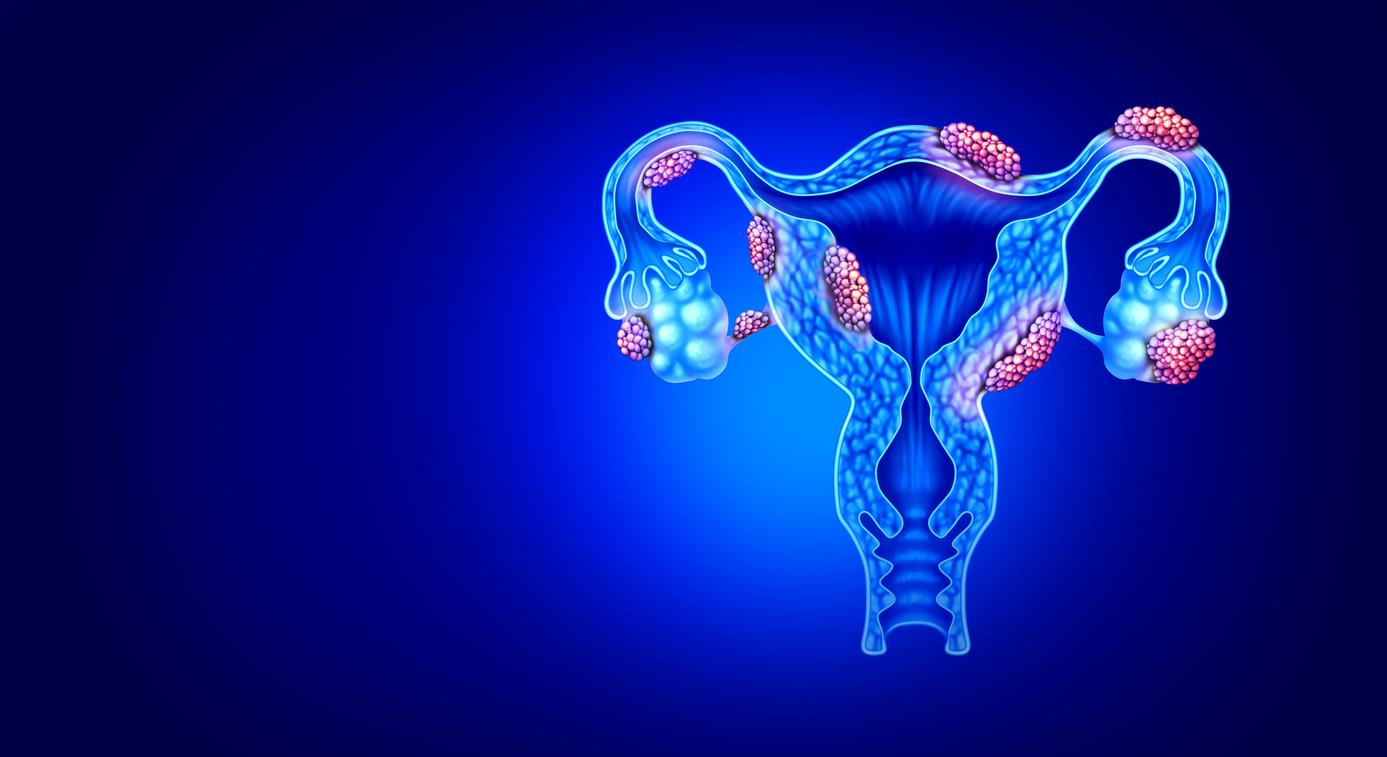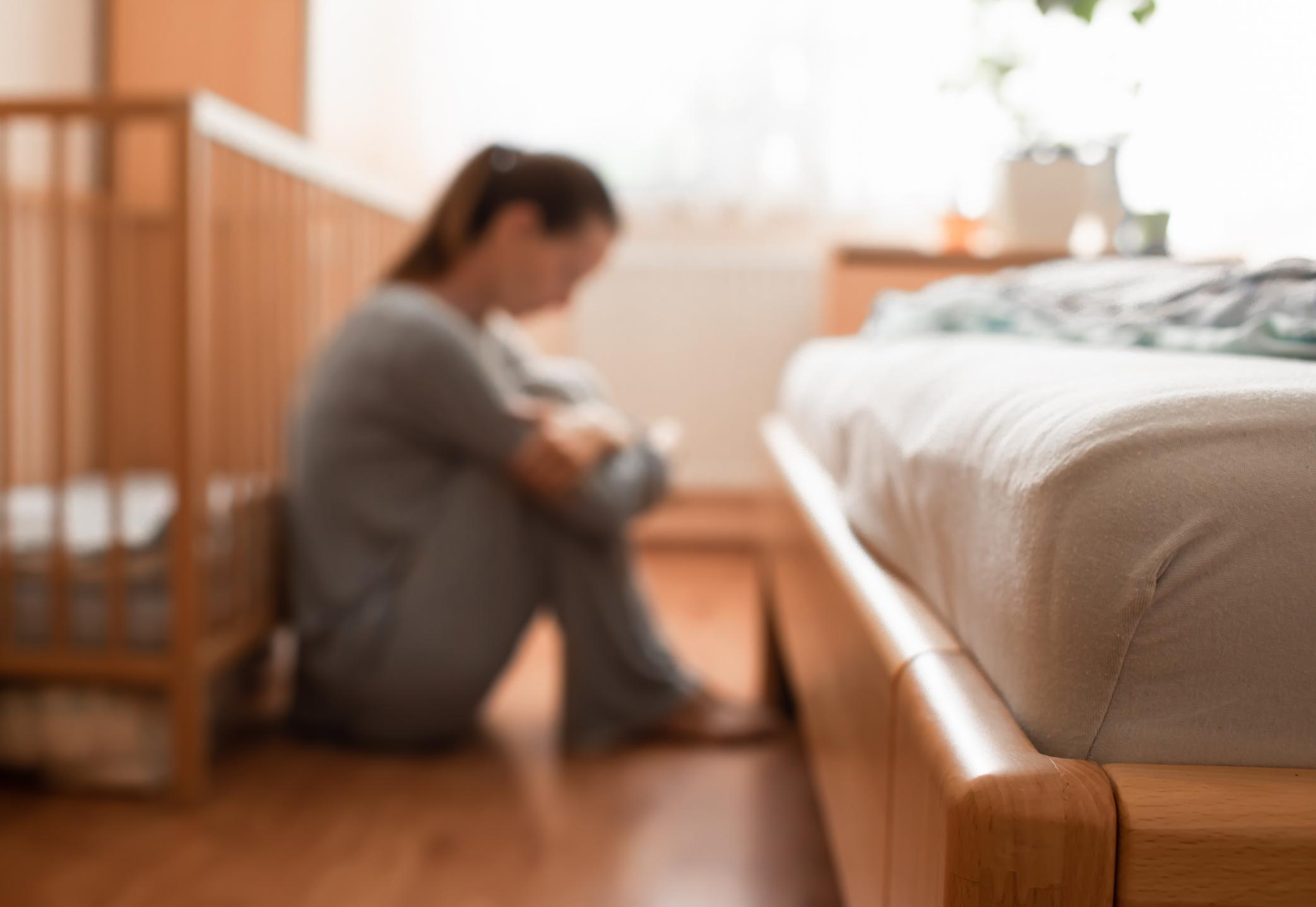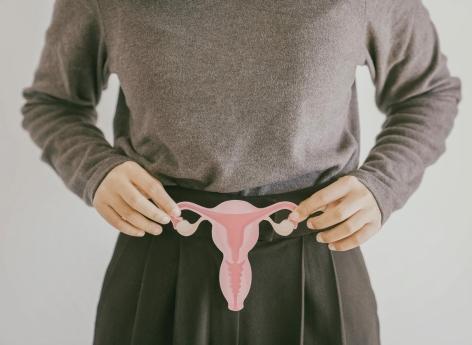Are women with endometriosis at greater risk of having difficulties during childbirth? Is postpartum different from other women? Dr Érick Petit, a doctor specializing in endometriosis, answers us.
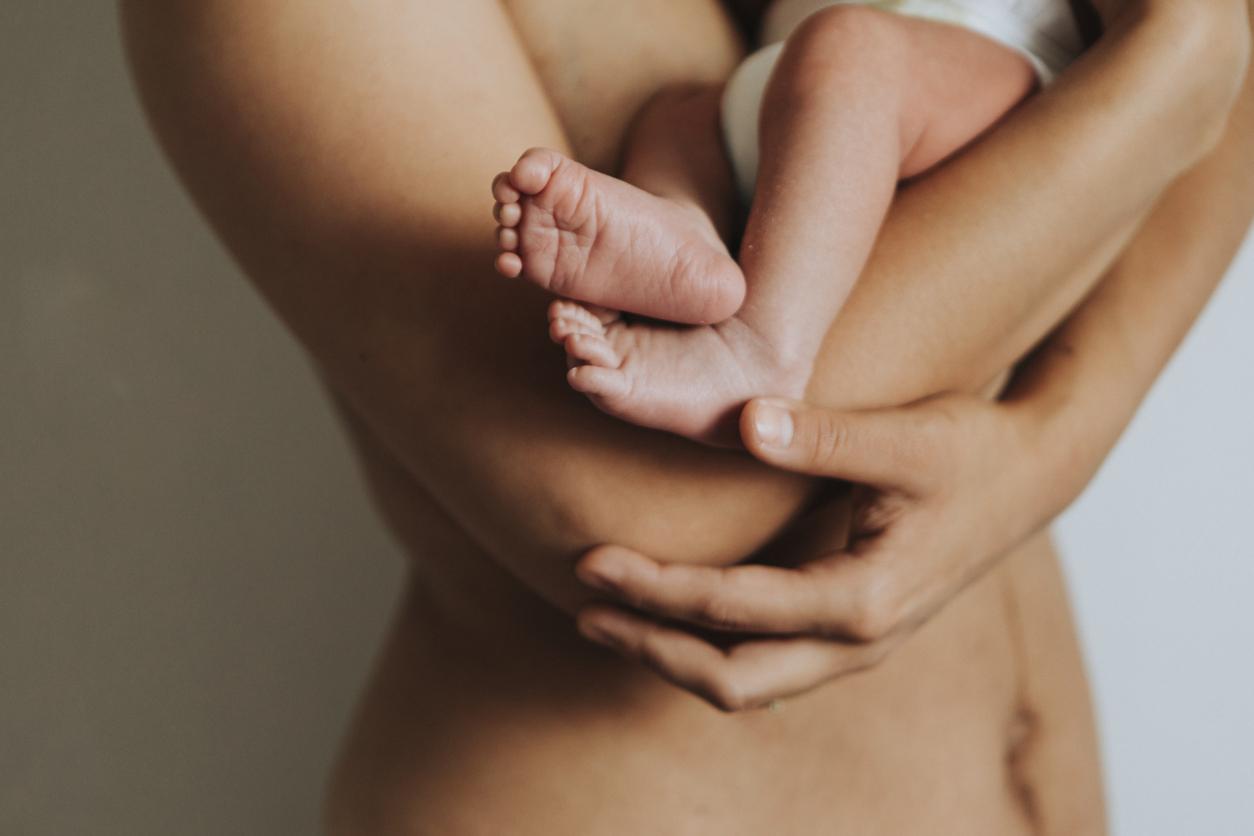
- Women suffering from endometriosis have “a small increased risk” of having to have a cesarean section, explains radiologist Dr Érick Petit who adds that: “most often, delivery occurs spontaneously vaginally”.
- In general, the postpartum period “goes well”, as long as the return of diapers has not yet arrived. “Obviously, when the periods start again, the illness starts again.”
- For those who wish, they can very quickly resume continuous hormonal treatment to avoid triggering the reactivation of endometriosis. “This is done à la carte according to each person, because every woman has endometriosis different from the next one.”
In France, 21.4% of deliveries are by cesarean section, according to the latest national perinatal survey 2021. Among the reasons reported in the scientific literature, we find higher maternal age, the number of multiple pregnancies due to medically assisted reproductive techniques, prematurity, macrosomia (baby weight greater than 4 kg), increased maternal body mass index, and previous cesarean section. What about women suffering from endometriosis?
Childbirth: “a little extra risk” of resorting to cesarean section
“They have a little moresays Dr. Érick Petit. Particularly because there is also an increased risk in the third trimester of placenta previa, therefore of placental insertion anomaly, especially in women who have severe forms of endometriosis and who have had surgery. Specifically, when there has been severe surgery, particularly in patients who have a low rectal anastomosis resection or vaginal involvement, or both, one must be wary, and often, cesarean section is a necessary precaution to avoid serious complications.”
Let women be reassured, because apart from these cases, there is just “a little extra risk” to resort to cesarean section. “Most often, delivery occurs spontaneously vaginally.”
What is the postpartum period like for a woman suffering from endometriosis?
“Postpartum is going wellthe doctor tells us. Obviously, when the periods start again, the illness resumes.” As such, women who have the possibility and desire to breastfeed can have a later return to childbirth, allowing them to enjoy this “comfort” without menstruation.
“Then, they are offered to resume continuous hormonal treatment to avoid triggering the reactivation of endometriosis. For those who do not want treatment, who want to wait a little to see how the rest will go, we can also, but it depends on the severity of the endometriosis. Then, we can put it back on depending on the evolution of the clinical symptoms which generally return, with painful periods, possibly painful intercourse and so on… So at that point, we gradually retreat. This is done on an individual basis, because every woman has endometriosis that is different from the next. There are almost as many cases as there are women. This is what we usually say in our expert community, so everything is discussed on a case-by-case basis, including before and during pregnancy.”
Some women are pregnant again, but spontaneously, even though PMA had been obliged to help them with IVF for the first time.
Furthermore, having difficulty conceiving a first child does not necessarily mean that these difficulties will be present again for a second baby. “Indeed, it depends! Some women are pregnant again, but spontaneously even though they had to be helped by PMA with IVF for the first time. Prediction of pregnancy, conception and chances of becoming pregnant spontaneously are still very difficult to assess. We can never afford to give a formal, definitive prognosis to a patient who has endometriosis, whatever their degree of impairment.”
“It must be said again, it must be certified. Above all, we must not say definitive words regarding procreation. Everything can go well a second time, but it can also be more difficult. It also depends on the age of the patient. It is obvious that we will be more vigilant at 39 than at 29. So, if the patient was already pregnant late after difficulties, we will not delay putting her back on assisted reproduction and IVF after, in any case, programming things as such. And if she ever gets pregnant spontaneously, which happens regularly, the process is canceled.”
The full interview with Dr Érick Petit in Question aux Experts can be found on our YouTube channel:










